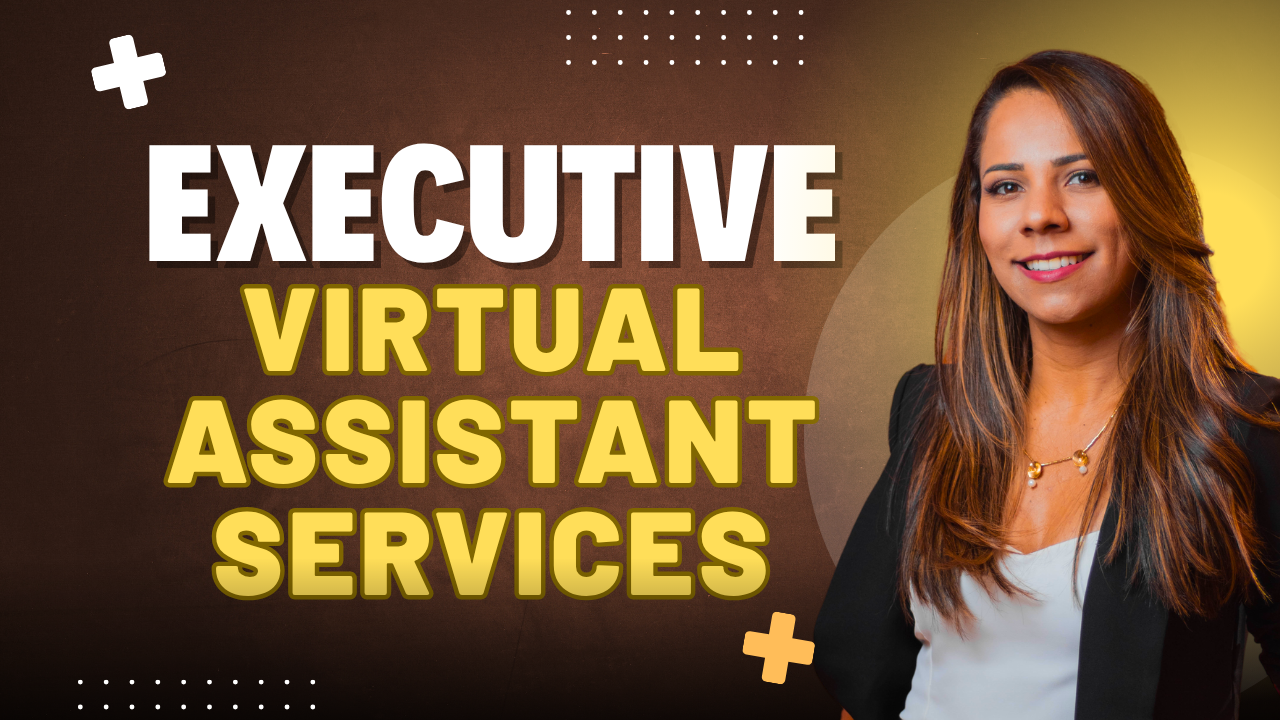In today’s fast-paced real estate market, efficiency and effectiveness are crucial for success. As a real estate professional, you juggle numerous tasks ranging from client interactions to property management, making it challenging to stay on top of everything. One compelling solution lies in hiring a Real Estate Virtual Assistant (VA), who can alleviate your workload and enhance productivity.
What is a Real Estate Virtual Assistant?
A Real Estate Virtual Assistant is not merely an admin or secretarial employee; rather, they are skilled professionals working remotely to support you in every aspect of your business. Contrary to hiring locally, a VA provides an array of services at a fraction of the cost, enabling you to reinvest those resources in areas that propel your growth.
Benefits of Hiring a Virtual Assistant :
- Cost-Effective Talent: By engaging VAs from countries like the Philippines, you access proficient talent at significantly lower costs—roughly half or one-third of local salaries.
- Flexible Workforce: VAs can operate outside the typical 9-to-5 schedule, allowing you to integrate their support into your business, regardless of time zone challenges.
- Scalability: Hiring VAs eliminates the need for physical office space, giving you the flexibility to scale your team without incurring extra overhead.
- Diverse Skill Set: With a virtual team, your business is not limited to a homogenous pool of talents; instead, you can handpick professionals from a wide-ranging talent base.
31 Tasks Your Real Estate Virtual Assistant Can Handle
To give you a better understanding of the capabilities of virtual assistants within the real estate domain, here are 31 essential tasks that they can manage:
Administrative Tasks :
- Upload and Manage Property Listings: Streamline property list management.
- Conduct Property Research: Facilitate informed property pricing decisions.
- Handle Rental History Checks: Ensure thorough checks for prospective tenants.
- Manage Property Maintenance: Coordinate and track ongoing property repairs.
- Process Rental Applications: Speed up the application process for new tenants.
- Oversee Lease Renewals: Ensure timely renewals and documentation.
- Manage Arrears: Keep track of overdue payments and follow-up communications.
- Proofreading and Editing Documentation: Guarantee accuracy in all your documents.
- Rental Appraisals and Reviews: Help in estimating rental values correctly.
- Manage Listings and Vendor Reports: Create and update reports as needed.
- Track Market Statistics: Stay updated with current market trends.
- Respond and Filter Emails: Help manage your communication efficiently.
- Generate Reports: Create and distribute regular performance reports.
- Transcribe Entry Condition Reports: Document property conditions accurately.
- Manage Expired Listings: Keep track of listings that require updates or removal.
- Basic Bookkeeping: Handle daily financial transactions and record-keeping.
- Organize Suppliers: Schedule photo shoots and videography for listings.
- Manage Open Home Times: Keep your portals updated with current schedules.
- Database Management: Maintain and follow up with potential buyers.
- Appointment Scheduling: Optimize the calendar for client meetings.
- Google Reviews and Ratings Monitoring: Follow up on client feedback.
- Conduct Net Promoter Score Surveys: Assess client satisfaction and feedback.
- Photo Enhancements: Improve property images for better visual presentations.
- Graphic Design: Create advertisements and promotional materials.
- Newsletter Preparation: Prepare and manage engaging newsletters for clients.
- Client Referral Management: Enhance referral relationships.
- Presentation Preparation: Create PowerPoint slides and other presentations.
- Social Media Management: Handle all aspects of your online presence.
How Much Time Can You Save?
The potential time savings are immense. Investing in a VA for 40 hours a week can liberate your time significantly, allowing you to focus on strategic growth rather than getting bogged down by administrative tasks. Consider the tasks being taken off your shoulders. By delegating effectively, you optimize your local staff’s roles, enabling them to engage in more value-added activities.
Conclusion
In conclusion, hiring a Real Estate Virtual Assistant opens doors to greater efficiency, cost savings, and operational flexibility. If you’re looking to expand your business without the burden of excessive overhead costs, a VA might be the perfect solution. The time saved can be directed towards client engagement and business growth, ultimately improving your bottom line.
Whether you’re ready to scale your real estate business or simply seek to enhance its efficiency, we encourage you to explore the possibilities of hiring a virtual assistant. Reach out for a FREE Discovery session with us, and let us help you uncover how a VA can transform your operations and drive your success in the real estate market!

















































































